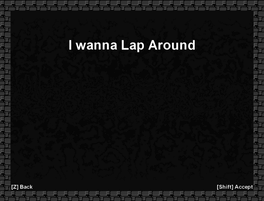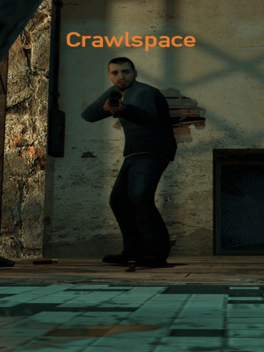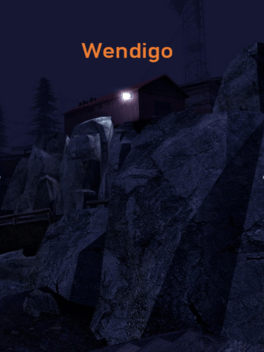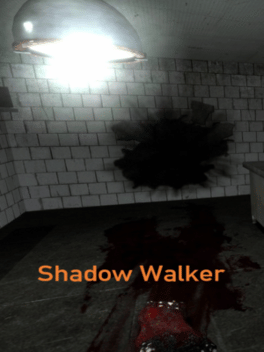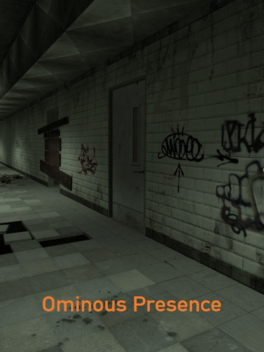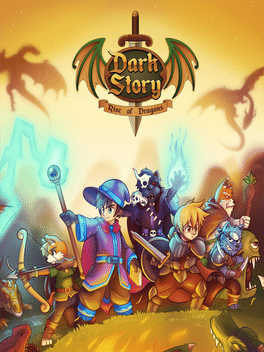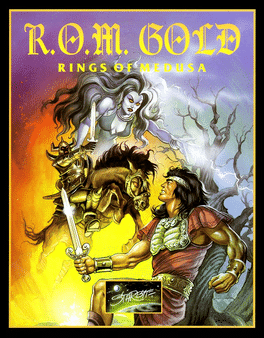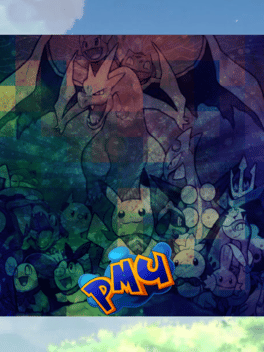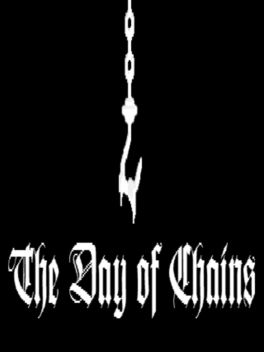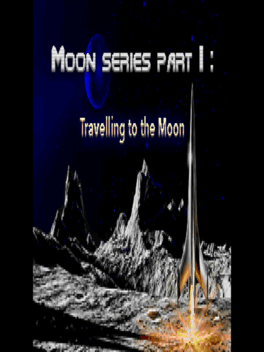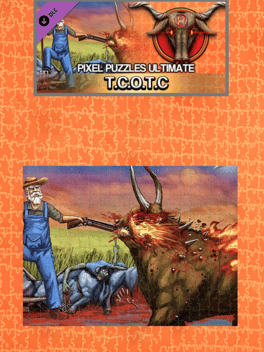New Pc Microsoft Windows Games - Page 3999
-
I Wanna Lap Around
2016
I Wanna Lap Around
2016
A gloomy and minimal take on the needle style pioneered by Fly the Far Away, but with a higher focus on precision and density. -
Crawlspace
2016
-
Wendigo
2016
-
Shadow Walker
2016
-
Ominous Presence
2016
-
DarkStory Online
2016
DarkStory Online
2016
DarkStory is a 2D MMORPG where you can have fantastic adventures filled with action, magic, and friendships. -
Autumn Dream
2016
Autumn Dream
2016
star 5You've inherited a small house. The documents say that you will only have a right to own it once you manage to live there for at least few days. But you must not go outside at night and shouldn't open the cellar door. Is there a chance to meet the conditions? Only time will show! -
Brain Voyagers: Ricochet
2016
Brain Voyagers: Ricochet is an energetic game of skill, coordination, and focus. Create, control, and deflect deadly balls of energy in a room-scale VR experience with the challenge of paddle sports, quick thinking of martial arts, and fun of classics like Arkanoid. -
R.U.M.A
2016
R.U.M.A
2016
Welcome to Random Unstable Matter Acquisition, R.U.M.A where you have been selected to pioneer our latest technology in deep space resource collection. Of course, you won't be alone, your trusty R.U.M.A.D will be on hand to help see you through. Oh, and one last tip, don't forget to not breath! -
Pokémon Mystery Universe
2016
A fan-made dungeon crawling roguelike MMO based on the Pokémon Mystery Dungeon games. Become a Pokémon and join hundreds of active players as you explore sprawling regions and treacherous labyrinths. -
The Day of Chains
2016
-
Travelling to the Moon
2016
Travelling to the moon is a boom compatible map that was designed in about 5 months (maybe a bit more) and it is a rather large map (it was intended to be short/medium at first though). -
Concave Shooter
2016
-
Sector 724
2016
Sector 724
2016
Sector 724 - space strategy game featuring real-time tactical warfare. You can assume supreme command of the military forces of a corporation, and help it gain dominance in space. Your actions will determine your corporation's success, or failure, in attaining its paramount objective: to leave the planetary system ahead of its competitors. -
Rebirth of Island
2016
Rebirth of Island
2016
star 4Survive, adapt, and research in the New World, with its rules, dwellers, and their laws. Head the colonization of these locations and ensure the independence and security of your population. -
Lifeliqe VR Museum
2016
Lifeliqe VR Museum
2016
Lifeliqe VR Museum brings Lifeliqe's interactive learning experiences into VR for the first time! Learn about a cell, join ancient dinosaurs for a walk, or visit a prehistoric settlement that dates back to the seventh millennium B.C. -
Solitaire 220 Plus
2016
Solitaire 220 Plus
2016
"Solitaire 220 Plus" is a huge collection of famous Solitaire games presented in HD quality! Solitaire variants like Freecell, Fan, Four Seasons, Klondike, Spider, Golf and many more are waiting for you! Includes helpful tutorials for each Solitaire variant you want to play along with many different decks of cards, card backs and backgrounds. -
Across
2016
Across
2016
ACROSS is a roomscale VR game, where you are tasked with a simple objective : cross the room.
